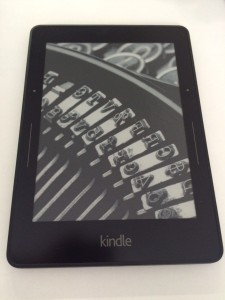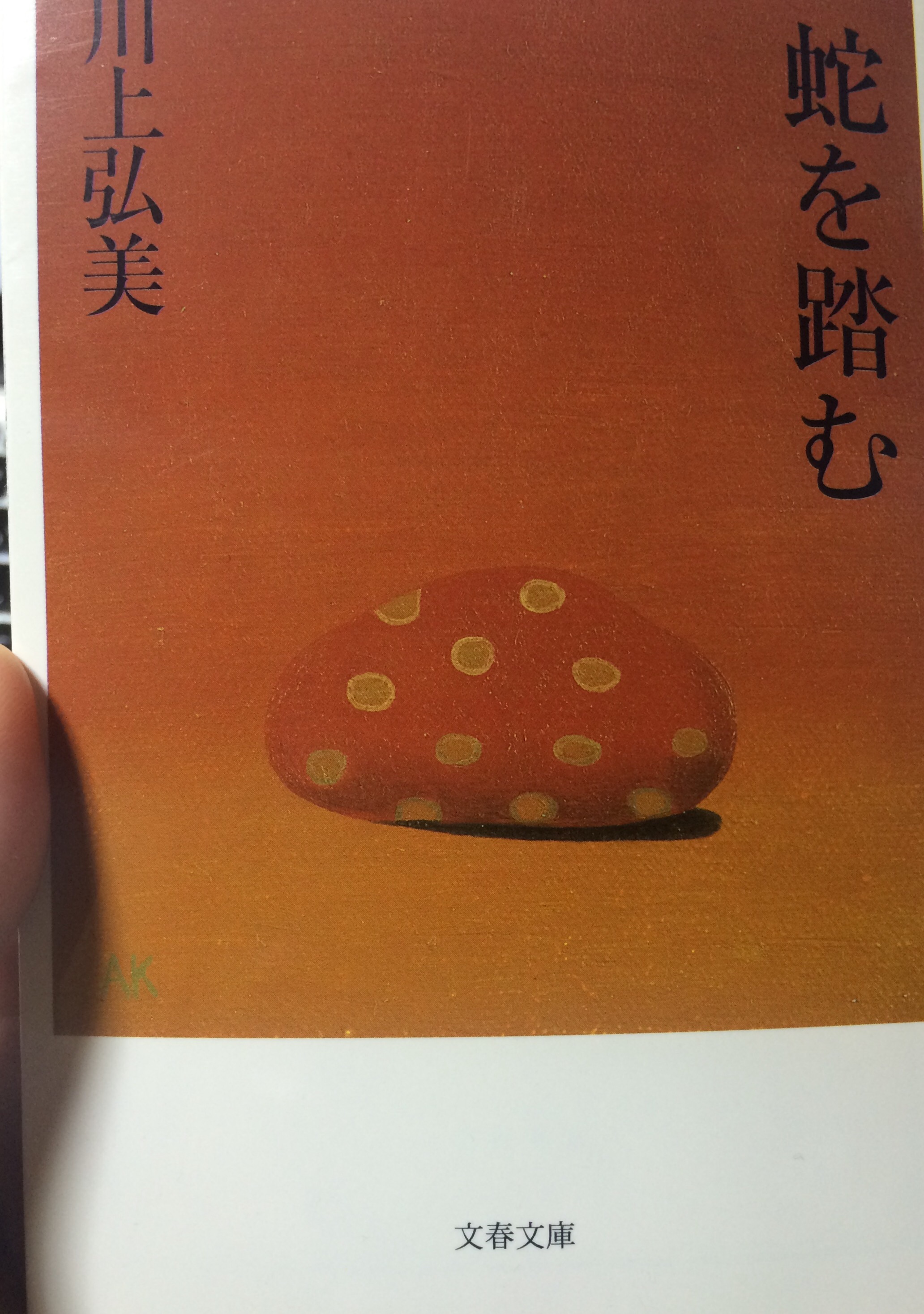Finished reading the book in Hebrew. Wanted to read in English, but for some unknown reason it is quite delayed compared to the Hebrew version.
(I wish I could read it in French, but that is a different story)
Submission is definitely not what I expected it to be, probably due to hype and marketing of the book.
Describing France in 2022 under Islamic Rule, I expected criticism of paranoia of Islam.
Michel Houellebecq portrait was on “Charlie Hebdo” cover, depicted as Nostradamus. Again, expected some kind of angry, fearful book.
What I found was something completely different. Eloquently described by Adam Gopnik in the New Yorker:
The literary obsessions are important, since it turns out that the principal target of the satire is not French Islam—which is really a bystander that gets, at most, winged—but the spinelessness of the French intellectual class, including the Huysmans-loving narrator
The charge that Houellebecq is Islamophobic seems misplaced. He’s not Islamophobic. He’s Francophobic.
The narrator changes, he loses his Jewish lover who runs away to Israel. But then again, all his lover eventually run away.
Sex and social stature is no longer available, so he might as well convert to Islam and receive both.
And another quote from The New Yorker
This is not to say that Islam in France won’t continue to be problematic or that the extreme right won’t continue its rise or that the respectable republicans won’t be as fatuously self-destructive as Houellebecq imagines them to be. The next thing is just never likely to be the same thing. The fun of satire is to think what would happen if nothing happens to stop what is happening. But that’s not what happens.
And if it was not clear, I recommend this book


